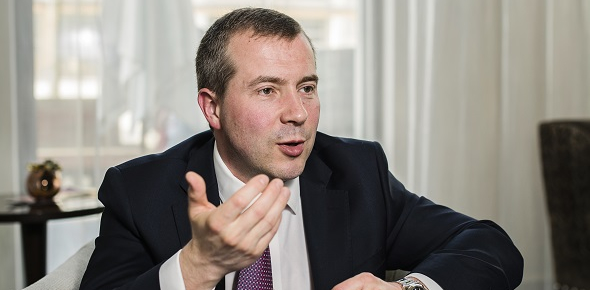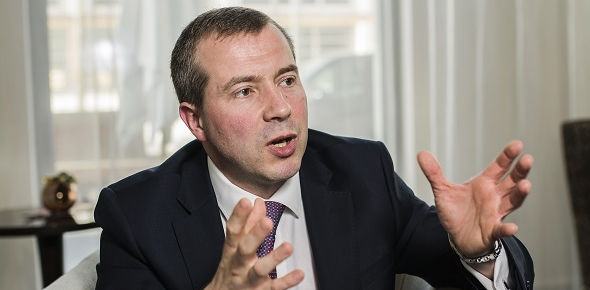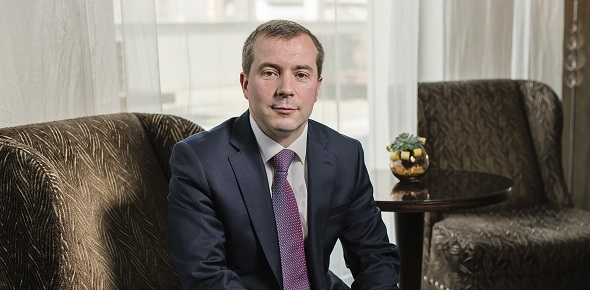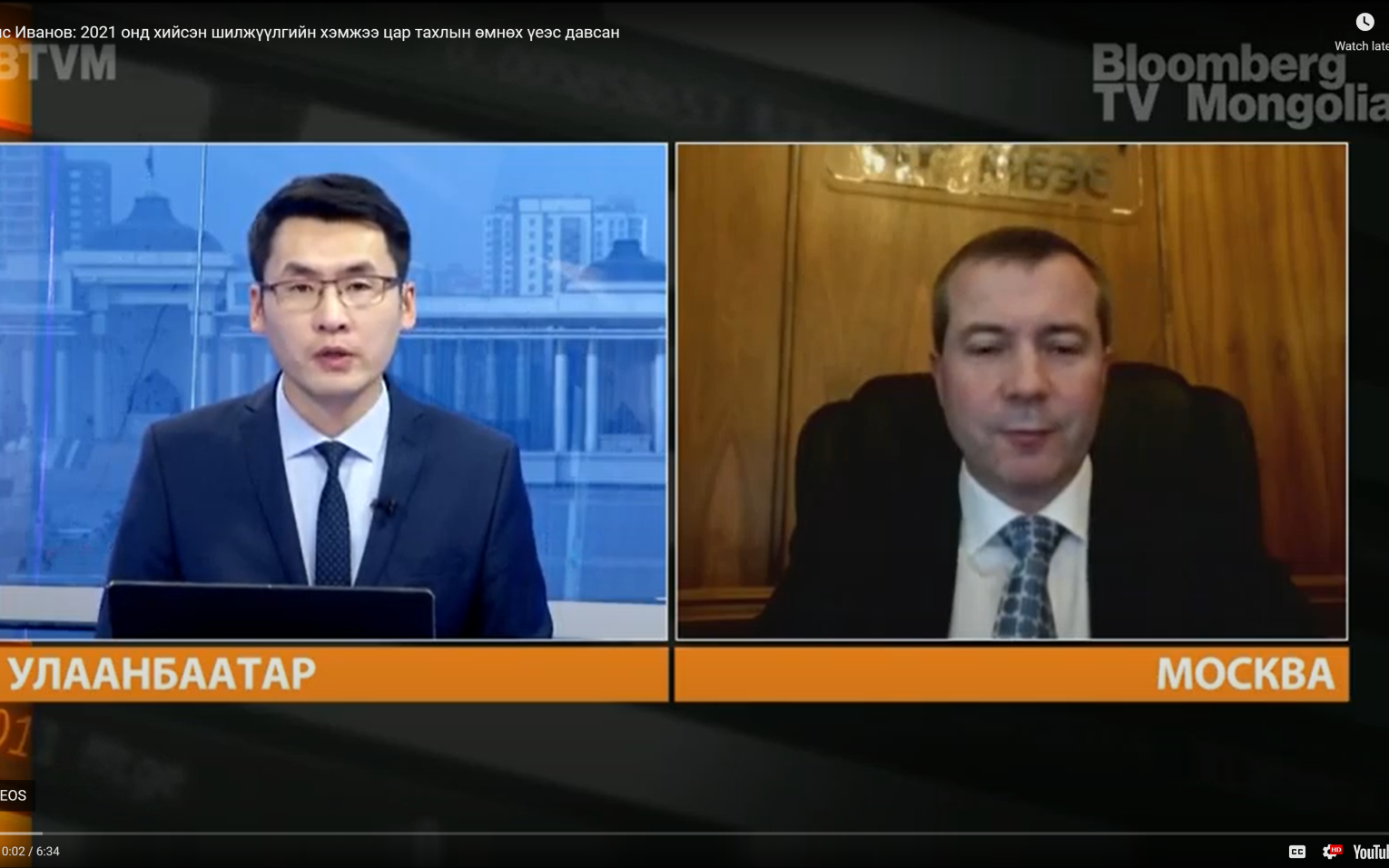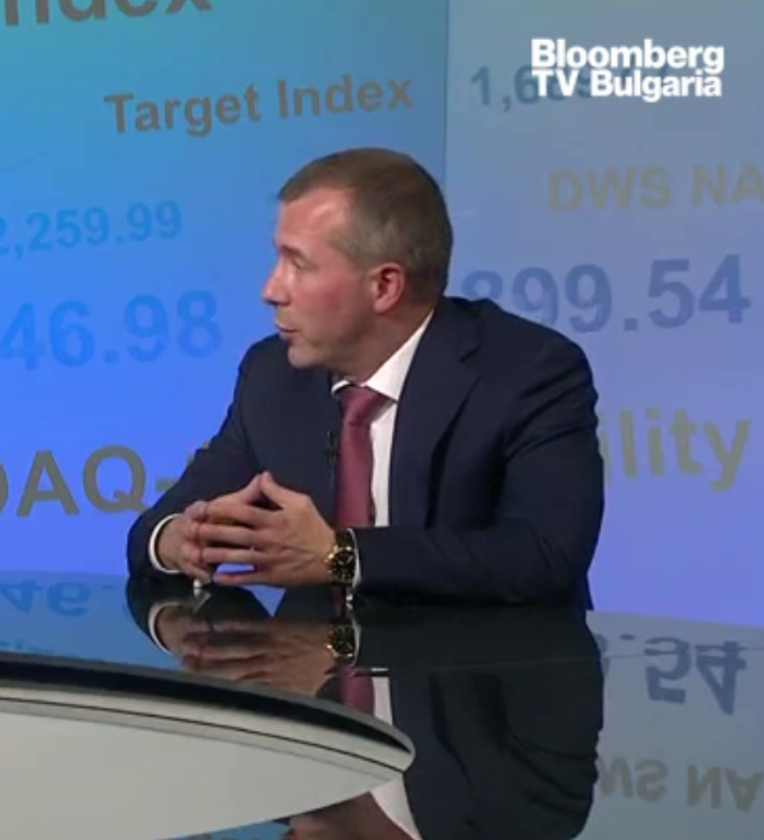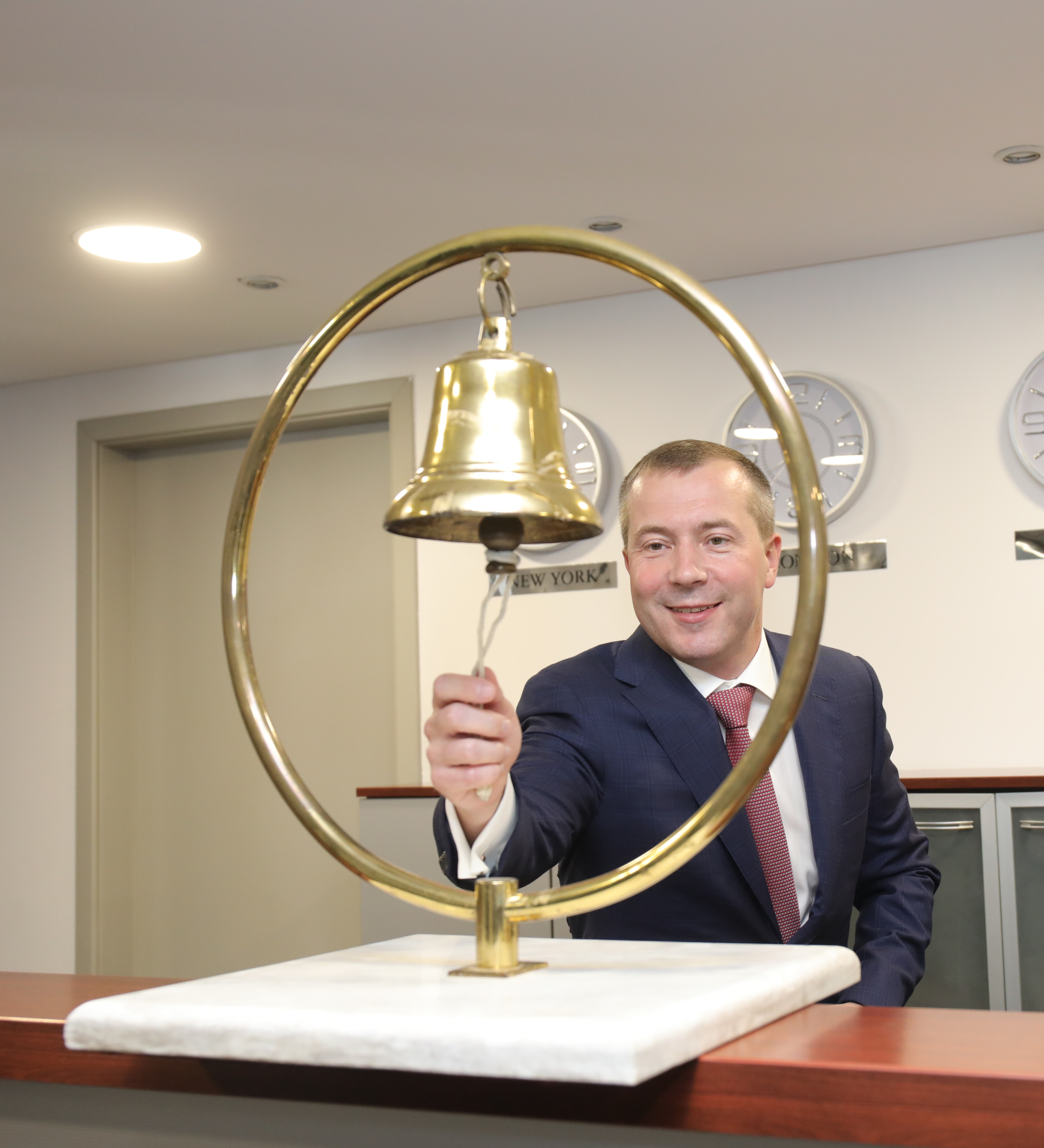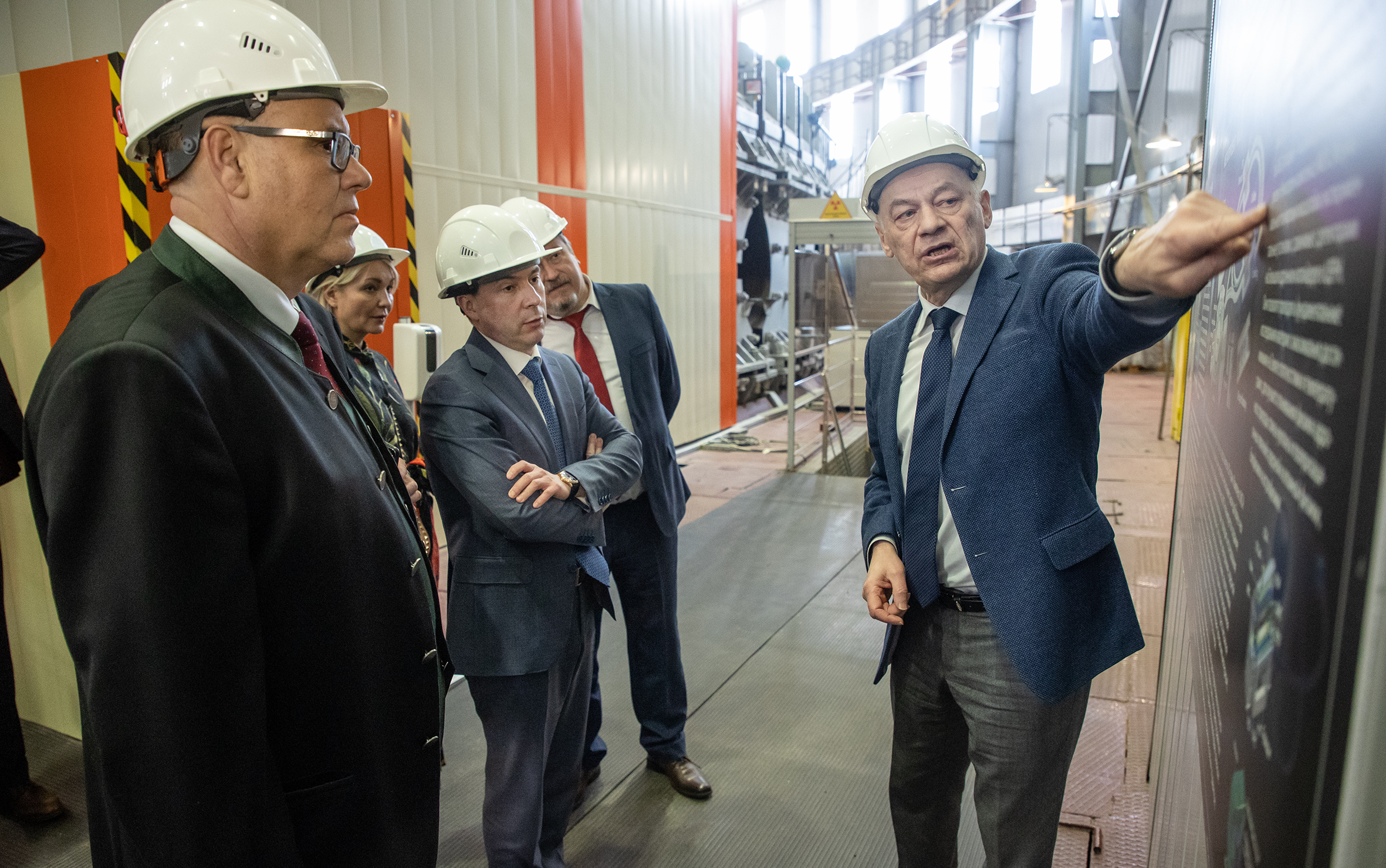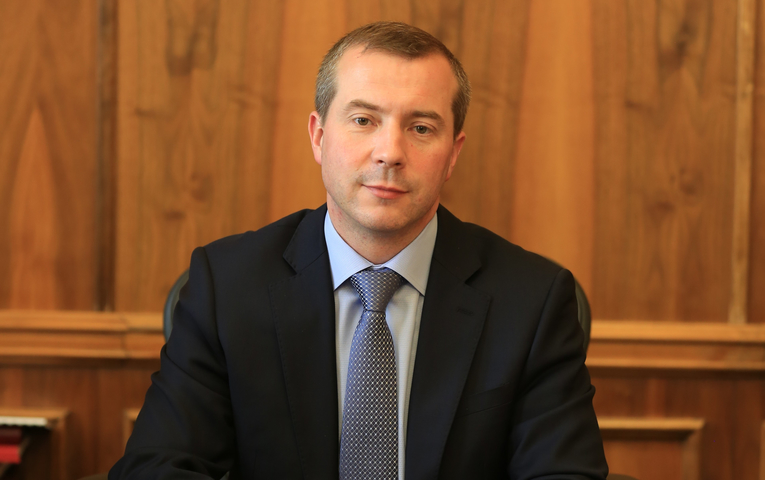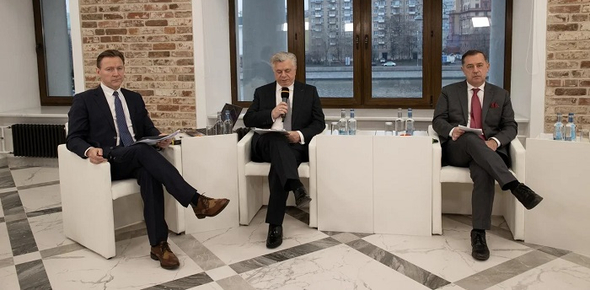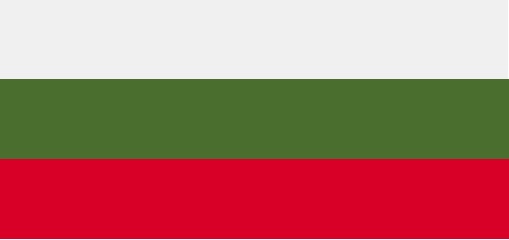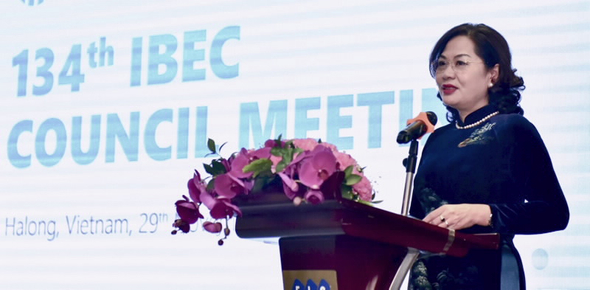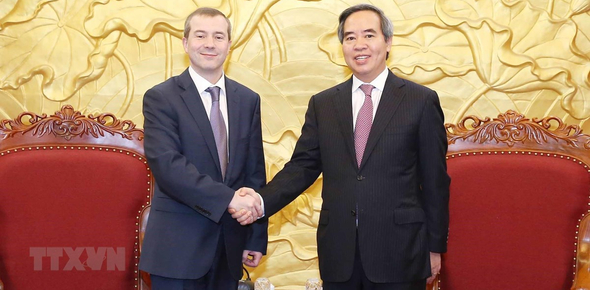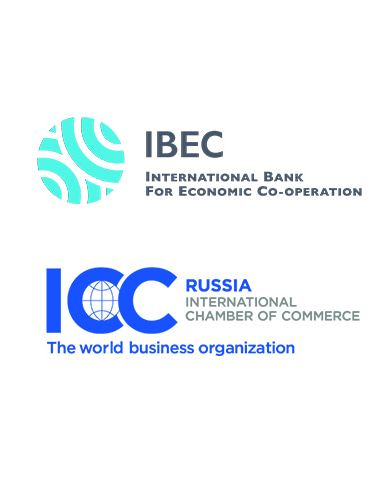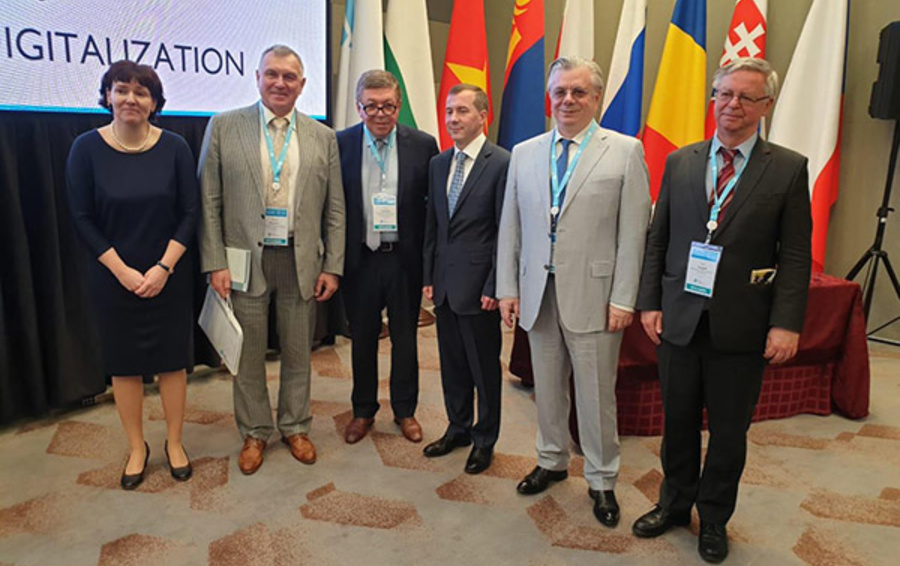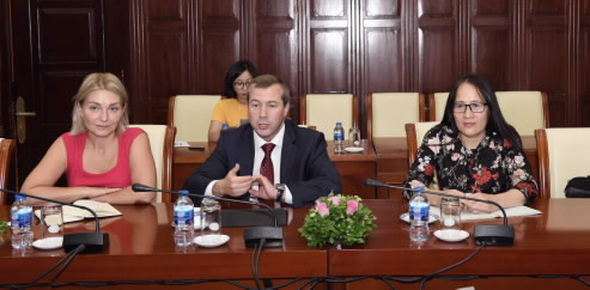Are there specific industry areas that you focus on?
This also depends on the priorities of the BankвАЩs member states. Of course, we would aim at financing of technologies, including green finance. For the time being, we have also been supporting exports of petrochemicals, cereals and other agricultural products. Financing of technological goods and products is in our pipeline. So far, we are still open for any suggestions. Of course, we have certain financing taboos which are typical for international development institutions: we do not finance gambling, investments in defense or strong alcohol.
How can an entrepreneur get your support?
Our experienced customer managers are ready to support. So far we do not have a representative office in Slovakia, and we still operate from our headquarters. Opening of a representation in Europe is under discussion with our shareholders while currently a customer can get our support online via a distant banking channel.
So youвАЩre currently expanding?
Exactly. The bank is financially very stable, having a high capital adequacy ratio. So it is time to utilize the BankвАЩs capacities. This is among the topics for discussion at the meeting in Bratislava. For instance, talking about financing in third countries, I could mention projects in Belarus, to which our member states export goods. We are now looking for more such third countries that would be interesting as business partners for our member states. We are also open to other countries joining the bank, but that is a different story still early to talk about more.
What is the current cooperation between IBEC and Slovakia? In traditional development banks, it is about contacting commercial banks mostly.
As I said, we do not have a representative here yet, nor is it foreseen in the current 2016 to 2020 development and resumption Strategy, so I donвАЩt think it will change in that period. We work indirectly with clients and strategic partners: Eximbanka, SZRB, Sario and others. And, of course, the Ministry of Finance, which is represented in IBECвАЩs Council by Ms. Dana Meager, State Secretary of SlovakiaвАЩs Ministry of Finance. This valuable resource also helps us get new contacts in Slovakia, while Slovaks work in our bank in high positions and help us to find new opportunities in the country. Importantly, we have representatives of all eight member states in the BankвАЩs Board. The most important decisions we strive to take by consensus. That is our approach in all strategic decisions.
Do you have an exception to EU sanctions, do you encounter barriers to international trade between Russian and foreign partners?
The Bank, being an international financial institution, is fully and explicitly exempt from the EU and any other sanctions. Of course, it would not be fair to say that the geopolitical situation does not affect our functioning. Unfortunately, politics have affected economic relations between the member states and we have had to adapt to it. On the one hand, we use our resources to maintain trade between the EU and Russia. For example, sanctions do not apply to export and trade financing. But it is interesting to see how our EU members are rapidly developing relations in countries like Mongolia or Vietnam, which are also our member states. Several Slovak companies have been negatively affected by sanctions and looking for new markets. And these were Mongolia and Vietnam that had proved to be interesting substitutes, similarly to the afore-mentioned Belarus. We can help with this via trade promotion programs.
In these countries, a strong partner is probably an advantage...
Slovak and Czech companies are already investing in the Mongolian economy, e.g. food industry. Vietnam is a rapidly growing economy. Our greatest added value is detailed knowledge of the member statesвАЩ economies which is in demand as in the cited case when often Mongolia or Vietnam are enigmatic for Slovakia. In the end, Russia may also look like a distant country for Slovakia in some contexts. However, representatives of all these countries work in our bank and they are professionals. Commercial banks may usually have difficulty setting credit limits for investing in such remote countries. This is where the IBEC comes forward and offers guarantees and other financial products. So it reduces risks and promotes trade between very remote countries. The Slovak Republic produces goods of the same quality as Germany, Japan or the USA and at more affordable prices. And in economies such as the Vietnamese, it is highly valued. As for other products from Slovakia or the Czech Republic, awareness about such advantages may grow very low with the distance between countries. In such cases the IBEC comes as a bridge between the two countries. And we do not only support export from other EU countries but also finance imports to EU. And by having fewer member countries, comparing to most other IFIs, we are more flexible in meeting the clientsвАЩ demands. We say that we are such a "boutique" bank.
You are fundamentally changing the IBEC strategy, why?
Since 1963 when the Bank has been established everything has changed fundamentally. And especially since 1990 when the Comecon collapsed. Over the years, however, the bank had lasted and maintained a very good financial condition, if I may say so. We have recently received a BBB- rating from Fitch, which is a great achievement for the bank. Therefore, the member states agreed not only to keep the bank stable but also to actively use it. The main mandate of the Bank is to promote trade, integration, economic relations between countries. Since 2014 a political element has come into play as sanctions have come. But the bank has adapted accordingly, has modern compliance and risk management systems and the main goal remains the same: to promote trade.
What are your relations with the International Investment Bank (IIB), which was also represented by the former member of the government, Vazil Hudak?
Personally I have been working there for five years as Deputy Chairman of the Board. IIBвАЩs experience will be used to re-launch the IBEC. There is a great deal of synergy when a group of banks working closely together promotes trade. We have restored the historic tradition when IIB and IBEC Boards attend each other's Council Meetings. We have a cooperation agreement with IIB, because with the complimentary business profiles the two banks can do much more than just one. Our member countries are almost the same, with the exception of Poland as an additional member in our Bank and Hungary and Cuba in the IIB. But synergies are beneficial for all members. In the face of current challenges in the banking business, the IBEC and the IIB will strive to achieve strategic synergies between the two banks in all aspects of operations, both operationally and logistically, in the interests of their member countries. During the Bratislava Council Meeting we expect the member states to discuss different modalities of the IBEC and the IIB co-operation, including a possibility of establishing a banking Group on the basis of two banks. Even the fact that the current meeting is taking place in Bratislava is very symbolic. Five years ago, the IIB Council met in Bratislava under the leadership of Vazil Hudak and took a historic decision to re-launch its activities, to increase the IIB's capital. Today, something similar is happening again in Bratislava to the IBEC and again under the patronage of Slovak officials, at the Council Meeting chaired by Ms. Dana Meager.
 En
En BбЇ±ng tiбЇњng viбїЗt
BбЇ±ng tiбЇњng viбїЗt
 Mongoloor
Mongoloor

